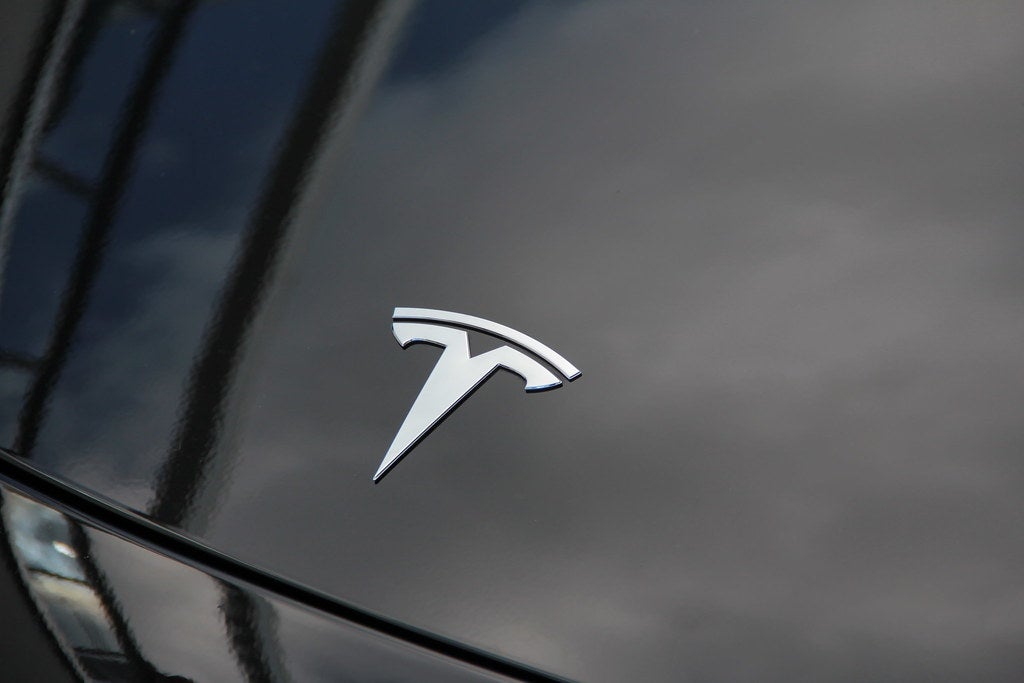Gary Black Challenges Elon Musk’s Stance on EV Credit Changes
Financial expert Gary Black has recently raised eyebrows with his critical examination of Elon Musk’s stance on the potential removal of electric vehicle (EV) credits. As Tesla faces a notable decline in sales across Europe, Black’s insights are timely and significant, urging stakeholders to consider the broader implications of such policy changes. This article delves into Black’s concerns, the current state of Tesla’s sales in Europe, and the intricate calculations that could shape the automaker’s future in a precarious market.
The Current Landscape of Tesla Sales in Europe
Tesla has long been a dominant player in the electric vehicle market, particularly in Europe, where the demand for sustainable transportation is rapidly increasing. However, recent reports indicate a downturn in Tesla’s sales in this region. Various factors contribute to this decline:
- Increased Competition: European automakers are intensifying their efforts in the EV sector, releasing a slew of new models that cater to a growing consumer base. Brands like Volkswagen, BMW, and Mercedes-Benz are offering competitive alternatives that are attracting potential Tesla buyers.
- Supply Chain Challenges: The global semiconductor shortage continues to impact the automotive industry. Tesla, like many manufacturers, has faced delays in production, resulting in fewer vehicles available for sale.
- Shifting Consumer Preferences: As consumers become more educated about EV options, there’s a growing demand for vehicles that not only emphasize sustainability but also offer advanced features and affordability.
These factors create a challenging environment for Tesla. The company’s ability to maintain its market share hinges on its adaptability and willingness to engage with evolving consumer demands.
Gary Black’s Concerns Over EV Credit Changes
In light of Tesla’s sales struggles, Gary Black has vocalized his apprehensions regarding Elon Musk’s comments about EV credits. Musk suggested that the removal or reduction of these incentives could be beneficial for the market. However, Black argues that this perspective may overlook critical details that could adversely affect Tesla’s sales trajectory.
Black underscores the importance of EV credits as a catalyst for consumer purchases. These credits, which can significantly lower the cost of acquiring an electric vehicle, play a pivotal role in the decision-making process for many buyers. Without them, potential customers may hesitate, particularly in a market flooded with competitive options.
The Implications of Removing EV Credits
The implications of eliminating EV credits extend beyond mere consumer choice. Here are some vital aspects to consider:
- Market Accessibility: For many consumers, the upfront cost of EVs remains a barrier. EV credits, by reducing this financial burden, make electric vehicles more accessible. Removing these incentives could lead to a decline in overall sales, particularly among first-time EV buyers.
- Impact on Tesla’s Brand Perception: Tesla has positioned itself as a leader in sustainable transportation. A significant drop in sales could tarnish its reputation, leading consumers to question the brand’s viability in a competitive landscape.
- Investor Confidence: Investors are closely monitoring Tesla’s performance. A decline in sales coupled with the removal of EV credits could lead to decreased investor confidence, impacting stock prices and the company’s market capitalization.
Understanding the Underlying Calculations
Gary Black has called for transparency regarding the calculations that underpin Tesla’s pricing strategies and sales projections. Understanding these financial dynamics is crucial for stakeholders. Key considerations include:
- Cost Structure: Tesla’s ability to maintain profitability hinges on its cost management strategies. The removal of EV credits could necessitate a reevaluation of pricing structures and profit margins.
- Sales Projections: Accurate sales forecasting becomes increasingly complex without the cushion of EV credits. Black emphasizes the need for clear, data-driven insights into how these changes could impact future sales figures.
- Long-term Strategy: As Tesla navigates these challenges, its long-term strategy must remain forward-looking. Black insists that understanding market trends, consumer preferences, and regulatory environments will be essential for Tesla to thrive.
The Role of Policy in Shaping the EV Market
Policy decisions regarding EV credits are pivotal in shaping the landscape of the electric vehicle market. Governments around the world have recognized the importance of incentivizing electric vehicle adoption to meet environmental goals. Thus, any potential changes to EV credits could have far-reaching implications:
- Regulatory Support: Policymakers may need to consider the potential consequences of removing EV credits. Maintaining these incentives could accelerate the transition to sustainable transportation.
- Market Stability: The EV market is still in a relatively nascent stage. Stability in pricing, facilitated by government support, will be crucial for fostering consumer confidence and encouraging more buyers to make the switch to electric.
Looking Ahead: What’s Next for Tesla?
As Tesla grapples with sales challenges, the dialogue initiated by Gary Black serves as a critical reminder of the importance of strategic planning and adaptability. The company must not only address immediate sales concerns but also prepare for potential shifts in policy and market dynamics. Here are some strategies Tesla might consider:
- Product Diversification: Expanding its product line to include more affordable models could attract a broader customer base and mitigate the impact of declining sales.
- Enhancing Customer Engagement: Building stronger relationships with customers through enhanced service offerings and support could improve brand loyalty and repeat purchases.
- Advocating for Policy Support: Actively engaging with policymakers to advocate for the continuation of EV credits could benefit both Tesla and the broader EV market.
Conclusion
Gary Black’s challenge to Elon Musk’s views on EV credit changes highlights a critical juncture for Tesla, particularly in light of its recent sales decline in Europe. As the company navigates this complex landscape, it must consider the implications of policy changes and adapt its strategies to maintain its position as a leader in the electric vehicle market. By fostering transparency, engaging with consumers, and advocating for supportive policies, Tesla can not only weather current challenges but also emerge stronger in a competitive automotive landscape.
See more Business Focus Insider Team

